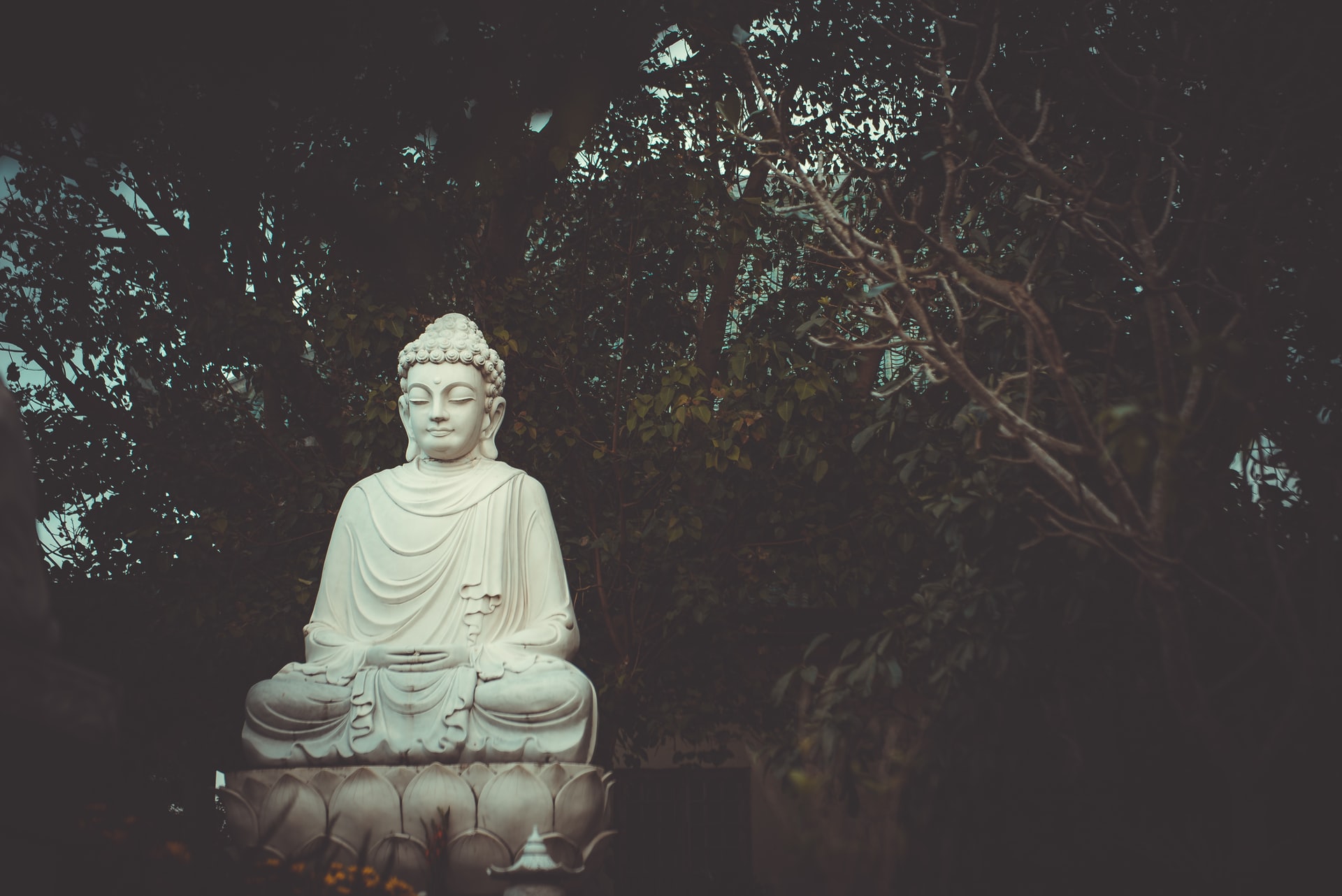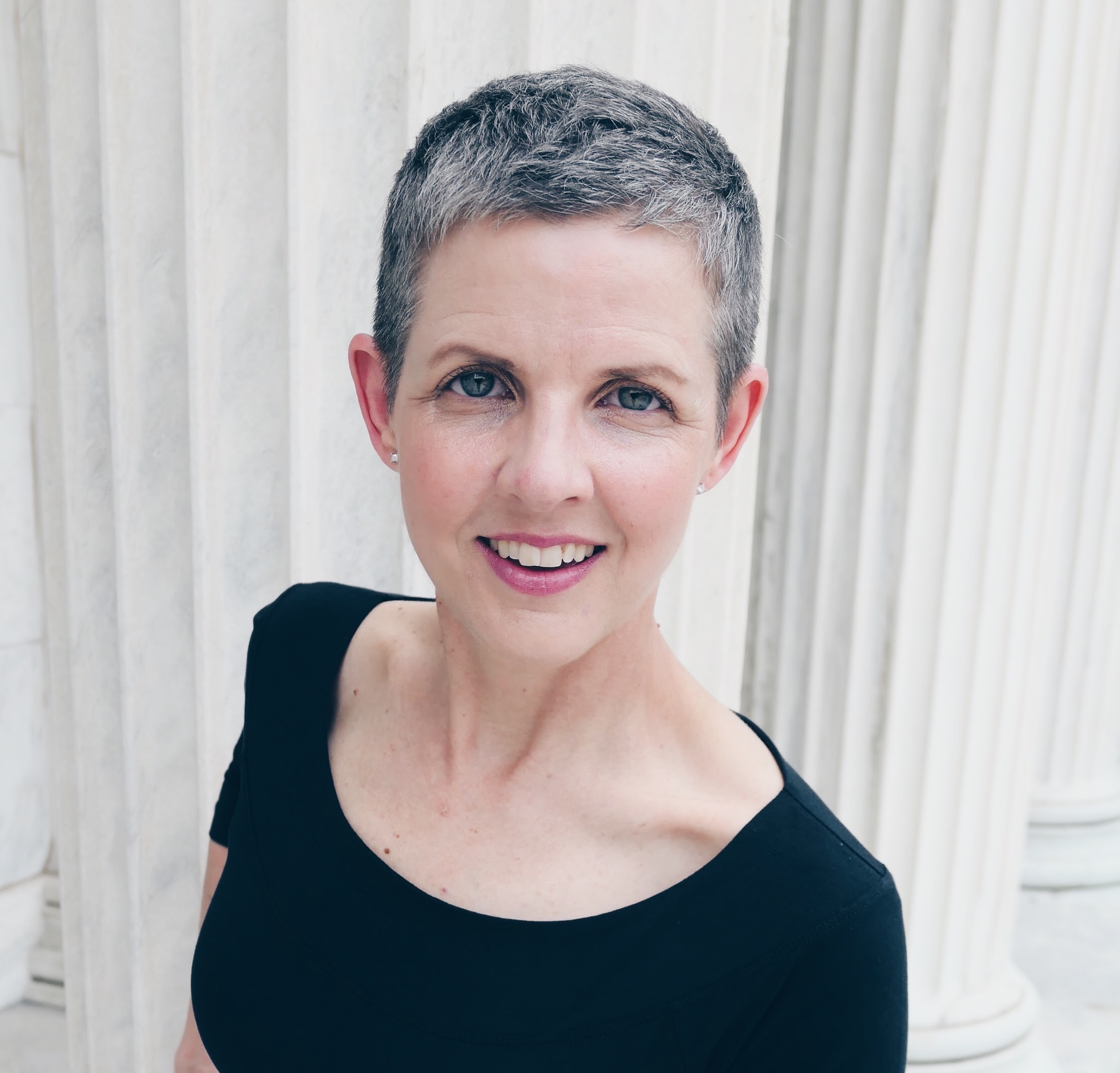This winter, I had the privilege of attending a five-day silent meditation retreat at the Insight Meditation Society in Barre, MA. I am still unpacking its lessons.
The experience of a silent retreat is difficult to describe. In attending a retreat, we essentially step out of daily life, removing any distractions we have to ourselves. The list includes phones, technology, verbal communication, reading, and writing. What remains is simply our self witnessing our inner life. We sit on the cushion with it. And we walk with it. Day after day, all day.
I’m reminded of how Michalangelo’s sculptures revealed themselves by shaving away the superfluous material. Without distraction, our inner experience is laid bare before us. And with the rest of life so quiet, inner life is loud. All we have to do is pay attention. And, frankly, there is nothing to do but pay attention.
One of my first and enduring realizations is that the way we meet our inner experience is the way we meet our external experience. In other words, noticing what happens on the cushion reveals how we meet all of life. So we can apply the lessons of how we approach discomfort and pleasure to real life in meaningful ways.

Below is some of what I walked away with.
Simplify.
Friends, we don’t need much! Yet whatever we have demands our attention. A retreat wasn’t necessary to know this (hello, Oh So Simple), but the experience of living with little drove the message home. There are many questions we can ask ourselves when considering our own things, but they essentially come down to Do you need this? (think material for tax returns and, yes, that plunger), Do you use this? (think what we use daily or weekly), and Do you love this? (think cherished framed art, photographs, or select meaningful items). Many of our things outside of these buckets become distractions from what is really important. Consider what of your things are necessary, useful, and meaningful, then consider discarding what’s not.
Just this one…
Sitting and walking and being in five days of silence is hard. At a critical moment, my teacher offered this mind-saving bit of wisdom: We don’t meditate for days on end. We mediate for just this one breath… and this one… and this one… Such a relief! We can apply the “just this one” mindset in our daily lives, and, yes to organizing (just this one moment, just this one breath, just this one shirt to fold, just this one dish to wash, just this one drawer to organize). The next time you feel the stress of a task before you, try applying your “just this one” for just this moment. Then see if you find that your situation – and the emotions associated with it – feel a bit more workable.
Create a container.
The IMS retreat schedule looks something like this: yoga, sit, breakfast, sit, walk, sit, lunch, sit, walk, sit, walk, sit, etc. Every day. Yet retreatants congregated around the schedule posted on the pegboard, as if something today might be different than yesterday. It wasn’t. Our teachers then presented a lesson to think of our schedule as a container. It is the structure that holds our experience. It doesn’t create results, but it does support the conditions for our experience to manifest. Again, let’s apply the same concept to our lives. Just as physical containers have finite space to hold your belongings, consider how your schedule can hold the conditions for what really matters. If the togetherness of family dinner is the most meaningful part of your day, what is important in supporting that and how can that be built in? (Perhaps some meal and schedule planning time, advanced meal prep, a streamlined menu, homework before dinner, a calming moment for yourself before kids arrive.) And, importantly, to what do you have to say no to so that you say yes to dinner. With a structure that supports outcomes you desire, you can create the conditions for success – and then enjoy the results.
The practice of mindfulness goes beyond the cushion. As we practice, it suffuses our lives in meaningful ways, in the area of getting organized and beyond. So, how can you apply some principles of mindfulness in your life? Start by considering simplicity, the value of taking one small step at a time, and supporting what really matters. Then notice the positive impacts for you.


0 Comments